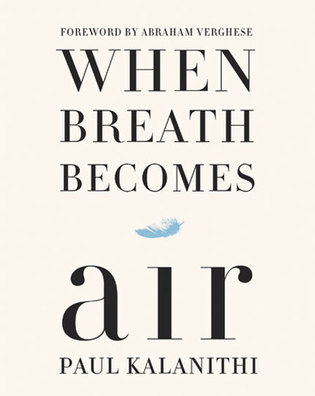 loading
loading
Arts & CultureReviews: May/June 2016A neurosurgeon’s memoir about dying of lung cancer; an ex-convict law stduent’s volume of poetry.  View full imageWhen Breath Becomes Air Sylvia Brownrigg ’86 is the author of six books of fiction. Her new novel, Pages for Her, will be published in 2017. Kalanithi, who died in March of 2015, was a brilliant scientist as well as a highly skilled neurosurgeon. He was still completing his training, at age 36, when he reviewed a set of lung scans showing masses of ominous lesions—with the distinction that these scans were his own. Within days, the young surgeon had traded in his scrubs and crossed the divide between doctor and patient. In some sense this separation interests him more than that between life and death, as, ever learning, he observes and admires the empathic qualities of his own oncologist. Death itself does not frighten Kalanithi: “I had started in this career, in part, to pursue death: to grasp it, uncloak it, and see it eye-to-eye, unblinking.” It is impossible not to marvel at Kalanithi’s courage and fortitude, qualities celebrated in the book’s moving forward by Abraham Verghese and in its epilogue by Paul’s loving wife, Lucy. Mercifully light on gruesome physical detail, Kalanithi spends his precious words exploring the ways terminal illness helps a person focus on what matters most to him or her. For him, this focus led to two remarkable decisions. After early success with one treatment, Kalanithi chose, with great determination, to return to the OR and complete his degree. Around the same time, he and his wife decided to have a child—a daughter, born eight months before he died, whose precious existence gave him comfort in his last months. A deep humanism informs Kalanithi’s book, which is laced with quotations from Eliot, Tolstoy, and others. (He received both a BA and an MA in English, having originally planned to be a writer.) There are lines of Beckett’s that this wise soul finds especially resonant, as he weakens yet continues: “I can’t go on. I’ll go on.”
|
|